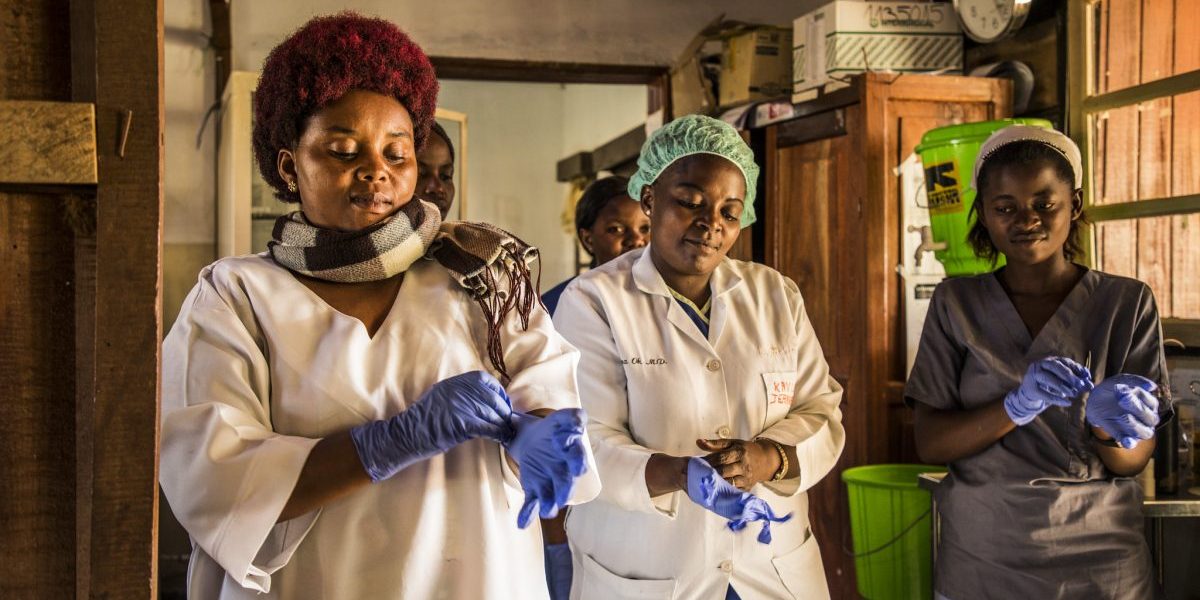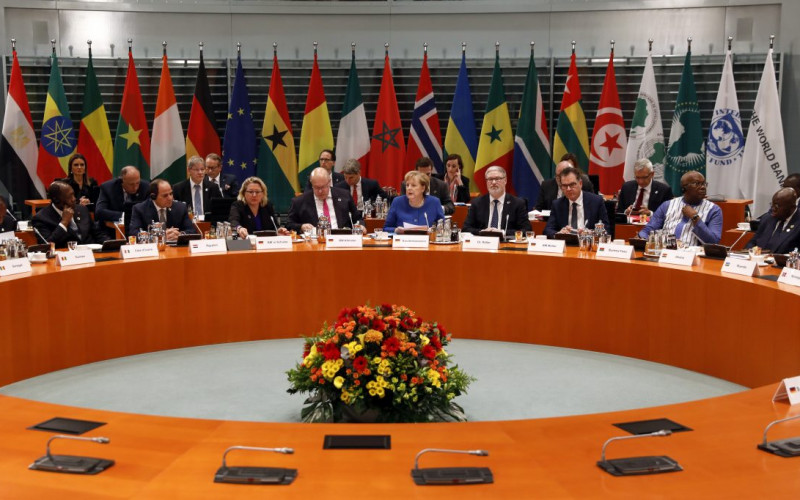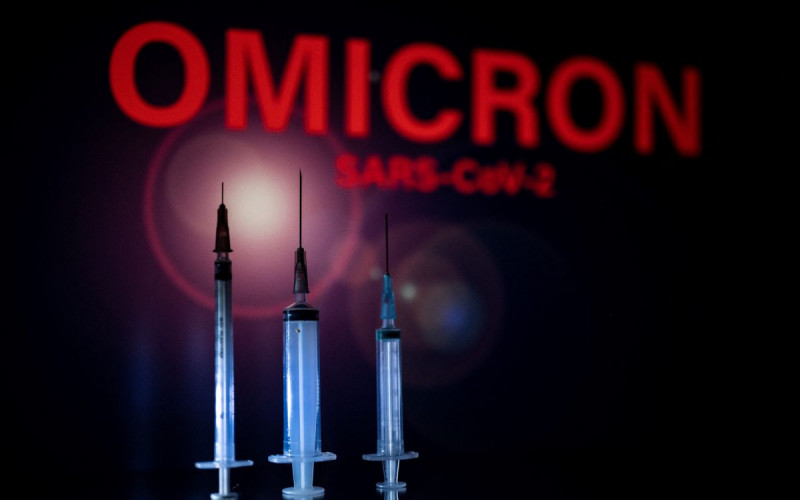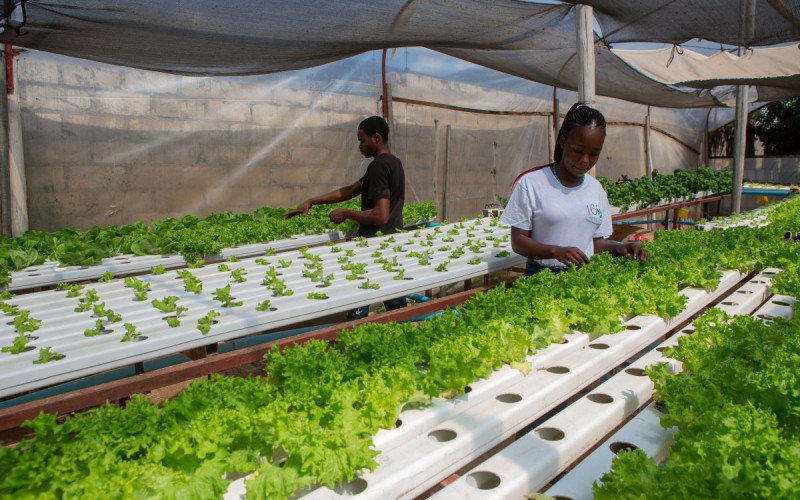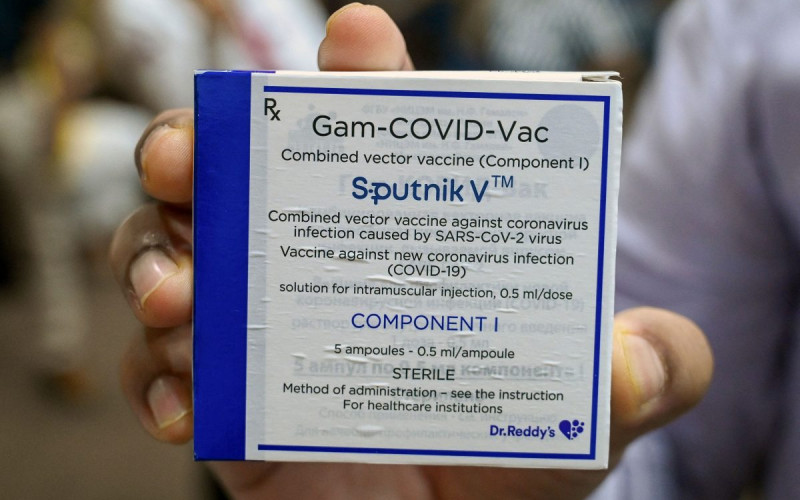The dominant thinking post-1945 in the international realm was the commitment to the principles of multilateralism and collective security to prevent future conflicts. The aspiration was that, by acting collectively (via multilateral organisations), rather than acting bilaterally, global conflict could be avoided. The hope was that such collective action (via the United Nations (UN) community) would moderate some of the nationalistic aggressions of the pre-1945 period, creating a sense of collective security, rather than insecure unilateralism.
Multilateralism as a political project was also expressed through economic and commercial variants, and so in addition to the UN the international community established the Bretton Woods Institutions (BWIs), which include the International Bank for Reconstruction and Development (IBRD, or ‘World Bank’), the International Monetary Fund (IMF), and eventually the General Agreement on Tariffs and Trade (GATT) (the latter was the precursor to the World Trade Organisation (WTO)). Again, the aspiration was that global commercial and trade integration would render war illogical, so that the norm of liberal institutionalism would replace the norm of military aggression.
In Western Europe this norm of political and economic integration found traction through the gradual and incremental establishment of a regional multilateral project, which culminated in the creation of the European Union (EU).
The idea of regionalism and the process of regionalisation are not new to Southern Africa. The Southern African Customs Union (SACU) – established in 1910 – is the oldest in the world. Southern Africans have long realised the potential economic and political benefits of closer regional cooperation. Indeed, the Southern African Development Coordination Conference (SADCC) was established in 1980 amongst nine of apartheid South Africa’s neighbouring states in an effort to decrease economic dependence on South Africa, and to combat apartheid. As apartheid began to be dismantled the SADCC was replaced by the Southern African Development Community (SADC) in 1992, with an expanded membership (including democratic South Africa, which joined in 1994) and a mandate to complement the socio-political programmes of the African Union (AU), which in 2001 succeeded the Organisation of African Unity (OAU). SADC’s overall goal is to foster closer political, economic, and security cooperation amongst its 15 member states.
In this paper we are particularly interested in how health impacts on or is impacted by this nexus of regional political, economic, and security interests. There are few areas of study that are more demonstrably and directly concerned with issues of life and death than health. Given the severe burden that ill health (particularly the AIDS pandemic, malaria and tuberculosis) place on the governments and people of SADC, we examine the two questions posited by the ESRC-DfiD Poverty Reduction and Regional Integration research project:
- Does SADC have a committed pro-poor focus in its health policy regarding access to healthcare, as indicated by policy agendas, policy development processes and resourcing?
- What can national, regional and international actors do to promote pro-poor practices and methods for access to healthcare and medicines in the SADC region?
To answer these questions, we interviewed governments, multilateral organisations, non-government organisations (NGOs), and community-based organisations (CBOs) in Botswana, Zambia and Swaziland. Certain interviewees represented the interests of the health sector, whilst others represented governing institutions involved with policy development.
We were able to confirm the particular and devastating impact of the three epidemics noted above, and how central they are to the health profile of the Southern African region. In addition, we soon discovered that it does not make sense to speak of health in the region without referring to the scale and impact of poverty – these epidemics are made worse by the high levels of indigence across the region, and poverty in turn is exacerbated by ill health. In Southern Africa it does not make sense to separate health and poverty from one another; no sustainable development is possible without addressing the socio-political determinants of health.
Initially, SADC defined ‘health’ as a discrete area of attention, and allocated each such issue area to a specific member country. However, this has changed, and in more recent years the SADC Secretariat has done away with such a portfolio approach and replaced it with an issue mainstreaming approach. Instead of a top-down course where SADC identifies, introduces, develops and implements policy initiatives, it is up to individual member states to bring an issue 6 area to the Secretariat, and to then consult with other member countries before mandating the Secretariat to develop policy initiatives.
SADC has developed a corpus of policy frameworks and protocols that speak to health horizontally (collectively, generically); it also has vertical policy frameworks and protocols, which suggest regional interventions targeting specific diseases or health issues (e.g. HIV, malaria). ‘Frameworks’ and ‘protocols’ do not, however, imply great regional and institutional capacity for policy initiation and implementation; nor do they guarantee compliance by all member states.
Instead, our research exposed a number of at times surprising and counter-intuitive findings. Firstly, the SADC Secretariat works at the behest, prerogative, and pleasure of its member states. It thus follows a bottom-up protocol for policy agenda setting, development, and implementation. In fact, the SADC Secretariat does not implement policies on its own; instead it acts as a locus of (limited) policy development and technical assistance. Individual member countries have to identify issues for policy development in the first place, and then implement those policies themselves (the Secretariat may provide some technical assistance – at most).
Secondly, individual member countries often identify health and other policy issues in tandem with and/or at the suggestion of international donors or multilateral development organisations. The latter typically make technical expertise and funds available for the development and eventual implementation of policies. When member states lack the capacity to implement such policies themselves, they outsource the implementation function to national NGOs and CBOs, who apply for funding in dedicated ‘rounds’, and then roll out specific national health programmes.
Stated differently: donors and multilateral aid organisations work together in national health policy agenda setting, then facilitate some consultation with national governments, and provide the means (funds) for governments to then contract civil society in implementation. The SADC Secretariat has a very limited role in health policy agenda setting, development, and implementation – nationally and regionally. In fact, the SADC Secretariat is now actively cutting back its involvement in regional and/or national health programmes.
With this in mind, this study’s response to our two initial research questions can be summarised as follows:
- Does SADC have a committed pro-poor focus in its health policy regarding access to healthcare, as indicated by policy agendas, policy development processes and resourcing?
SADC is loath to separate a socio-economic developmental focus from any putative focus on health. The bidirectional causal links between health and poverty are presented as a given, with socio-economic development, prosperity, and social justice on the whole viewed as the ultimate and appropriate response to health deficits and inequalities. The Secretariat itself does not initiate policy making, but responds to the demands and instructions of member states; it then provides technical assistance in policy development – if requested to do so. All policy implementation is left to individual member governments. Thus health policy is a member state project rather than a factor assisting in regional integration.
- What can national, regional and international actors do to promote pro-poor practices and methods for access to healthcare and medicines in the SADC region?
National, regional and international actors should continue to consult each other in policy innovation, development, implementation, and evaluation. In terms of the role played by international actors, member states have expressed concern that the regional integration agenda runs the risk of becoming dominated by donors. The SADC Secretariat can make itself available as a useful interface for such consultation, and in this paper we offer a number of suggestions for such policy and process innovations.
Although Southern Africa is no stranger to regionalism, health-specific regionalisation and diplomacy do not have significant precedent in the region. However, given the relative youth and dynamism of regional integration and approaches since the early 1990s, this implies opportunity and potential for greater regional integration and cooperation, rather than indicating or suggesting their abandonment. Multilateralism and collective security (human and state) can be effective for Southern Africa as well.

